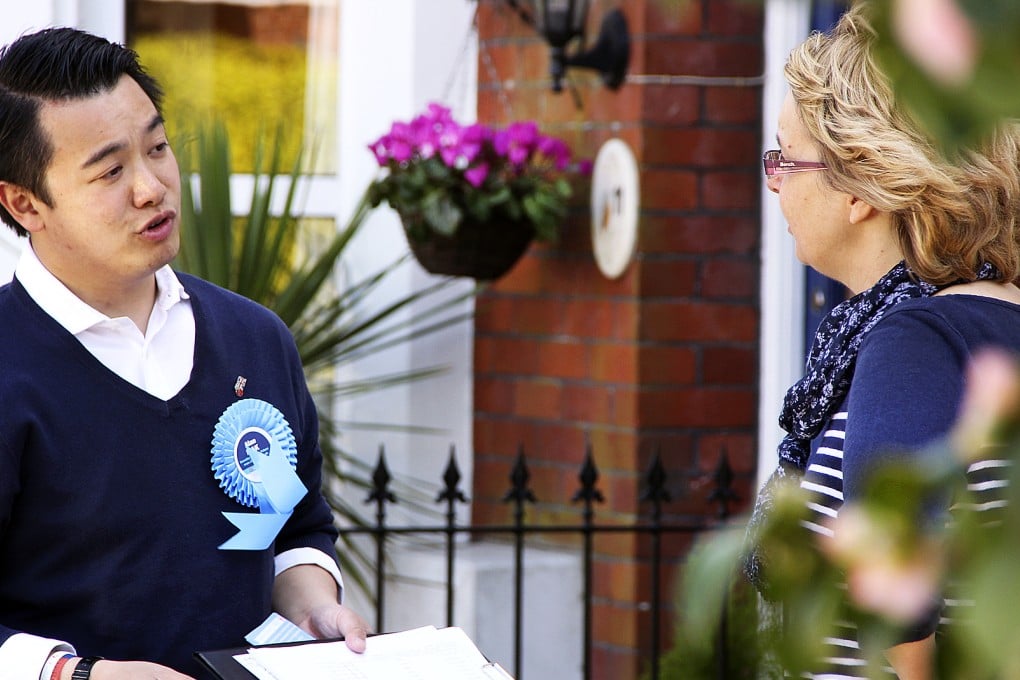Update | Politician Alan Mak makes history as first Chinese elected to British parliament
In a landmark victory, an ethnic Chinese candidate has been elected to the British parliament - the first in its 800-year history.

In a landmark victory, an ethnic Chinese candidate has been elected to the British Parliament - the first in its 800-year history.
Alan Mak, who is of Chinese-Malaysian background, retained the Conservative party seat of Havant in South West England with more than 51 per cent share of the votes cast.
Some 11 candidates of Chinese heritage ran in the May 7 election. About 400,000 ethnically Chinese people live in Britain.
As expected, Mak’s win was a shoo-in, with the seat considered a stronghold for Conservative voters. He picked up 23,159 votes, increasing his share of the votes compared to his predecessor, former minister David Willetts.
In the early hours this morning, at around 4am, the anti-immigration, anti-European Union UK Independence Party (Ukip) came a distant second with 9,239 votes.
Meanwhile, Labour emerged with 7,149 votes followed by the Liberal Democrats, pushed into fourth place, followed by the Greens.